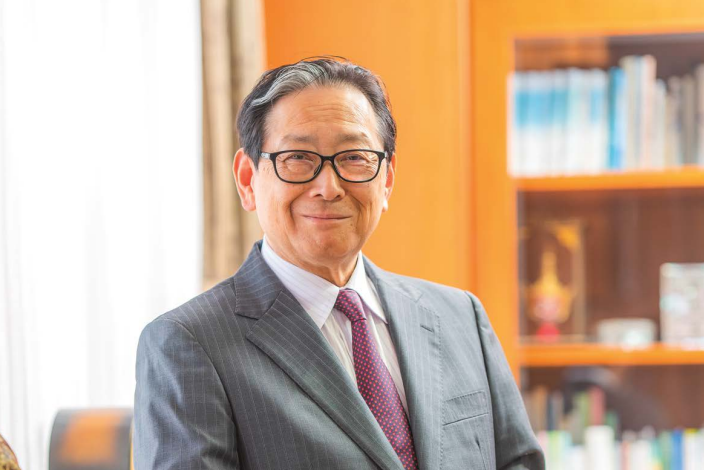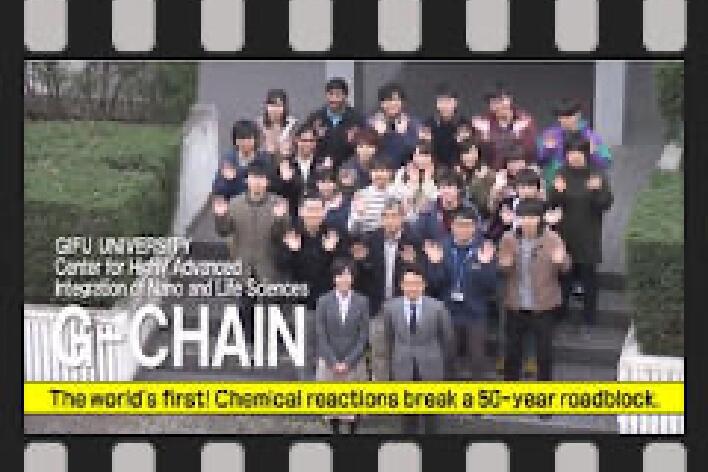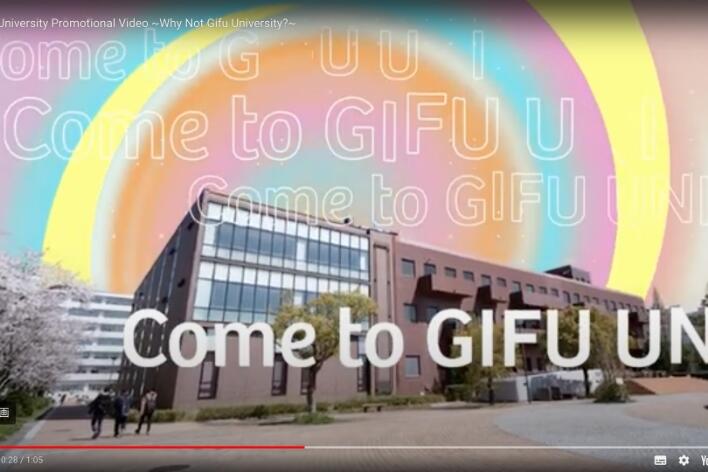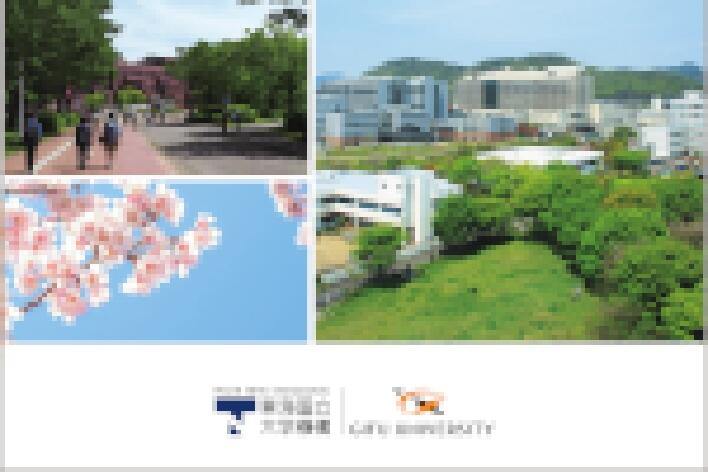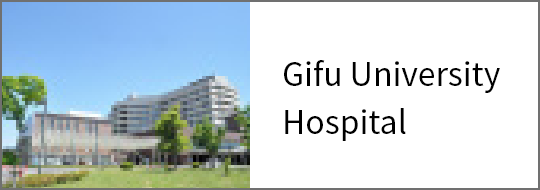Gifu University Symposium 2024: 'Utilizing Evidence to Create a Positive School Culture'
On Monday, February 3, 2025, Gifu University held an online symposium titled 'Utilizing Evidence to Create a Positive School Culture.' The symposium was attended by 264 participants, including university officials, members of boards of education, school staff, and citizens from across the country.
Today, with the increase in issues such as school absenteeism, bullying, and the need for special support for children, it has become an urgent task for administrators to collaborate with teachers to build a positive school culture where diverse children can learn safely. To address this issue, the evidence of School-wide Positive Behavior Support (PBS1), which focuses on recognizing and drawing out the strengths (desirable behaviors) of all children, is gaining attention. In this symposium, a report was presented on the development of training programs for administrators to learn and utilize evidence, and the use of evidence to create a positive school culture was discussed.
In the first part, Mr. MORI Tsuyoshi, Director, Education Policy Bureau of the Ministry of Education, Culture, Sports, Science and Technology (MEXT), gave a lecture on 'Enhancing Administrator Training and the Roles of Graduate Schools for Teaching Profession,' discussing the current state and challenges of public education, as well as the roles of teachers who support children's proactive learning and the administrators who support those teachers. Many participants shared their thoughts, such as, "It was an opportunity to learn and think about the state of school education and the roles of administrators in enhancing the educational power of schools, including the challenges of improving the educational environment."

Keynote Speech in Part 1: Mr. MORI, Director, Education Policy Bureau, MEXT
In Part 2, a project report was presented on the 'Administrator Training Program Utilizing Evidence to Create a Positive School Culture,' developed by the Graduate Schools for Teaching Profession, Gifu University in collaboration with school principals. One principal reported, "By clearly indicating and advancing our approach based on the situation of our students and staff, we saw an increase in students' proactive engagement, teachers became more adept at giving compliments to students, and more students found school enjoyable." Additionally, one superintendent reported, "By clarifying the value of evidence in educational policy and creating a foundation to support administrators' learning, both children and teachers can become happier." It was emphasized that the training content should help each participant recognize the educational value of evidence and understand how to implement it in school management. Furthermore, the necessity of establishing a system to obtain and utilize evidence was highlighted.

(from the top) Professor HIRASAWA Noriko, Graduate School for Teaching Profession, Gifu University
Mr. HATTORI Kazuya, Head of the Board of Education, Yamagata City, Gifu Prefecture,
Mr. HAYAKAWA Hideki, Principal of Miyama Elementary School, Gifu Prefecture,
Ms. TAKAHASHI Hiromi, Principal of Miyama Junior High School, Gifu Prefecture
In Part 3, participants exchanged opinions based on the keynote speech and project report. Through this symposium, participants discussed the importance of visualizing existing school initiatives from an evidence-based perspective and the roles of principals and school staff in communicating their initiatives to students to enhance the educational power of schools. Gifu University will continue to collaborate with various educational institutions to improve the quality of school education.
Note 1) School-wide Positive Behavior Support (PBS)
School-wide Positive Behavior Support (PBS) is a systemic approach aimed at establishing the social culture and individualized behavioral support necessary for all children to achieve a safe and effective learning environment. It provides a framework for schools to utilize evidence (Sugai & Horner, 2009). Originating in the United States, where it is integrated into the educational system (The Individuals with Disabilities Education Act; IDEA), it has expanded globally. In Japan, it is incorporated into the Basic Education Promotion Plans in regions such as Tokushima Prefecture, Miyazaki Prefecture, and Yamagata City, Gifu Prefecture. The core elements of School-wide PBS focus on recognizing the strengths of children, creating an environment that draws out these strengths, and establishing a system of mutual recognition. This approach has been shown to improve children's social behavior, academic performance, and school culture while reducing problem behaviors. It is highly compatible with Japan's school education system and contributes to creating a safe and supportive learning environment.
